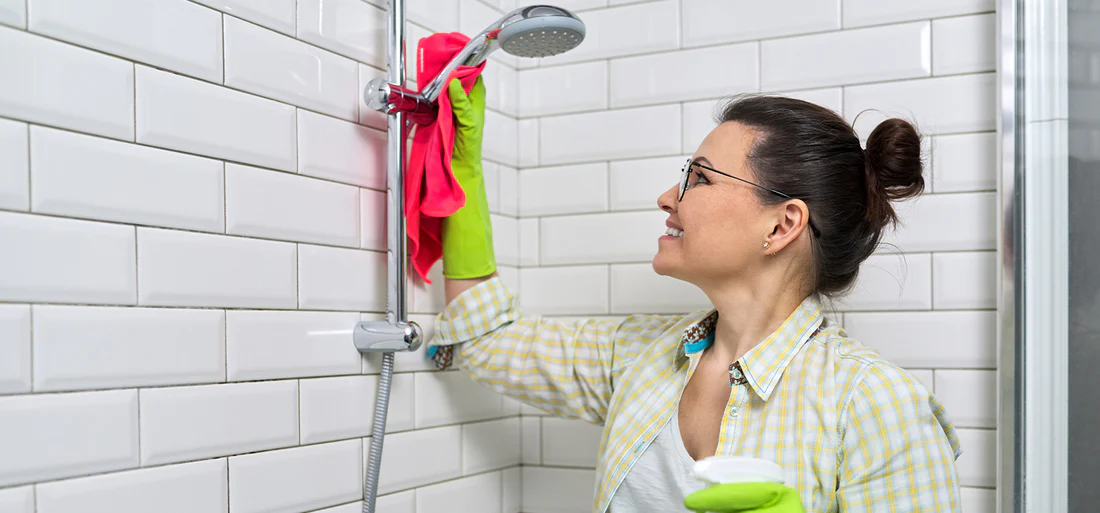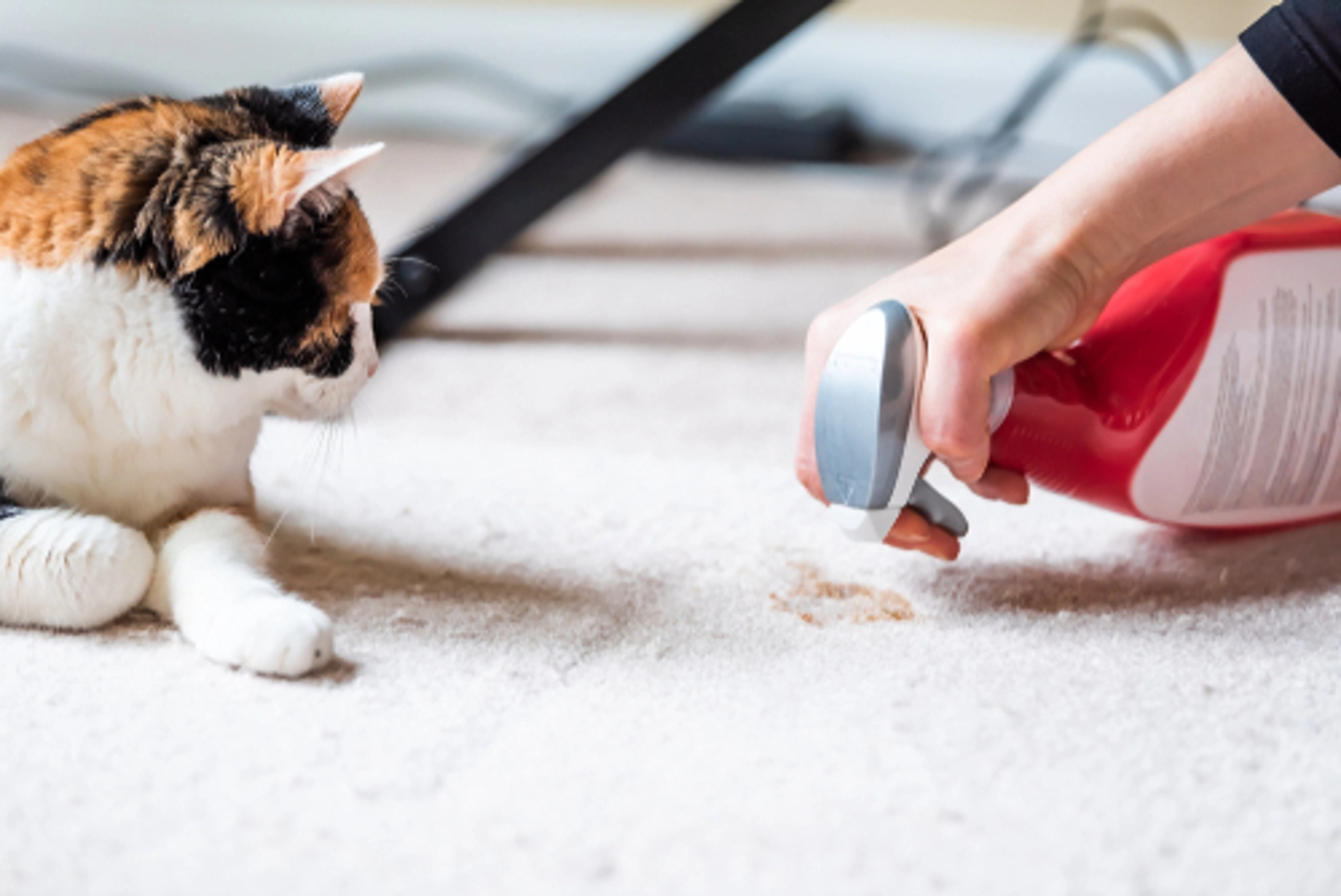The kitchen is one of the most important areas in any home. It is where meals are prepared, where families gather, and where a significant amount of daily activity takes place. However, it is also a space that can quickly accumulate dirt, grease, and bacteria, especially on tiled surfaces. Regular cleaning of kitchen tiles is not just about maintaining appearances—it is a crucial step in ensuring a healthy and hygienic living environment.
Preventing Bacterial Growth
 Kitchen tiles, whether on floors, walls, or countertops, are constantly exposed to food particles, moisture, and grease. These conditions create the perfect breeding ground for bacteria, mold, and mildew. If left uncleaned, these microorganisms can spread and pose serious health risks to household members. Regularly scrubbing and disinfecting tiled surfaces reduces the chances of contamination and helps keep the kitchen a safe space for food preparation.
Kitchen tiles, whether on floors, walls, or countertops, are constantly exposed to food particles, moisture, and grease. These conditions create the perfect breeding ground for bacteria, mold, and mildew. If left uncleaned, these microorganisms can spread and pose serious health risks to household members. Regularly scrubbing and disinfecting tiled surfaces reduces the chances of contamination and helps keep the kitchen a safe space for food preparation.
Enhancing Indoor Air Quality
Dirt, dust, and grime accumulating on kitchen tiles can contribute to poor indoor air quality. As people move through the kitchen, these particles can become airborne, potentially leading to respiratory issues and allergies. Grease buildup on tiled walls or backsplashes can also release unpleasant odors over time, making the kitchen less inviting. Cleaning tiles frequently eliminates these contaminants, leading to fresher air and a more pleasant kitchen environment.
Maintaining the Aesthetic Appeal of the Kitchen
A well-maintained kitchen is not only about cleanliness but also about appearance. Stained, discolored, or greasy tiles can make even the most modern and well-designed kitchen look neglected. Regular cleaning preserves the original color and shine of the tiles, ensuring that the kitchen remains an inviting and visually appealing space. Grout lines, in particular, tend to collect dirt and can turn dark over time, affecting the overall look of the kitchen. Proper tile maintenance prevents this from happening.
Preventing Tile and Grout Damage
Dirt, grease, and food particles that accumulate on kitchen tiles over time can lead to long-term damage. Acidic food spills, such as tomato sauce or citrus juices, can weaken the tile surface and grout, causing deterioration. Moisture trapped in uncleaned grout lines can also lead to cracks and mold growth. By regularly cleaning kitchen tiles, homeowners can prevent costly repairs and extend the lifespan of their tiled surfaces.
Reducing Slip and Fall Hazards
Kitchen floors are prone to becoming slippery due to spills, grease, and moisture. Unclean tiles increase the risk of slips and falls, which can lead to serious injuries, especially in households with children or elderly members. Regular cleaning ensures that spills and residue are removed promptly, reducing the chances of accidents occurring in the kitchen.
Promoting a Hygienic Cooking Environment
Hygiene is crucial in any kitchen to prevent food contamination and illness. When kitchen tiles are neglected, bacteria and food particles can settle into the grout lines, making it easier for cross-contamination to occur. Proper cleaning habits help eliminate these risks, ensuring that food is prepared in a clean and sanitary environment.

Making Cleaning Easier in the Long Run
Regular maintenance of kitchen tiles makes the cleaning process more manageable over time. When tiles are left dirty for too long, stains become harder to remove, and grease buildup becomes more difficult to scrub away. By keeping up with routine cleaning, homeowners can avoid spending excessive time and effort on deep-cleaning tasks. A consistent cleaning schedule allows for quick and efficient maintenance rather than dealing with stubborn stains and grime.

